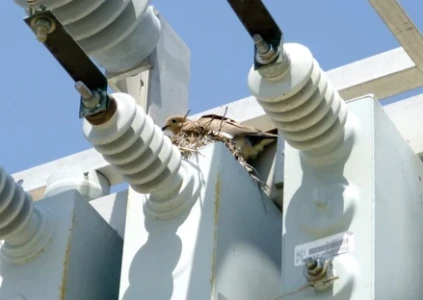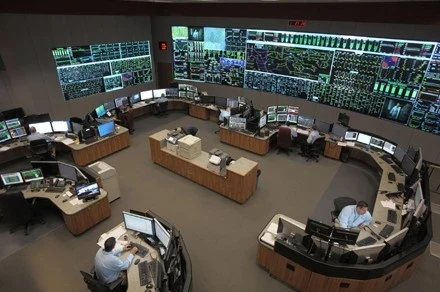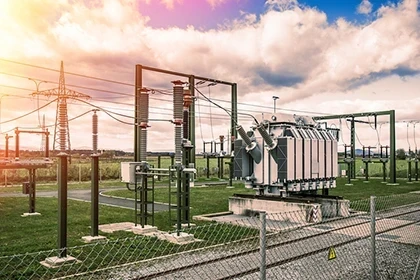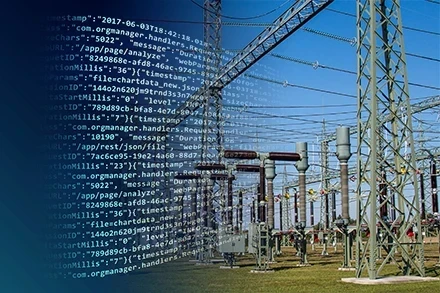Protecting Electrical Sites with Intelligent Security Lighting
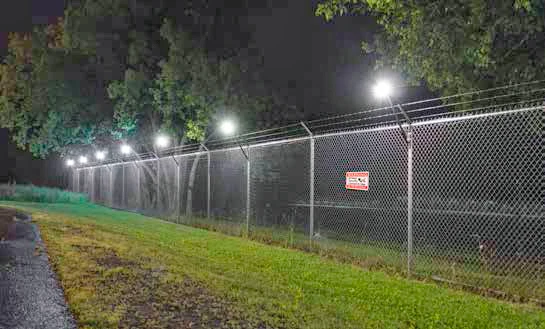
There are over 70,000 electrical substations in the United States. A simultaneous attack on several of them could destabilize the grid and cause widespread blackouts. But even a non-targeted event like vandalism or copper theft can also cause substantial damages, easily reaching into the tens of thousands of dollars (if not much greater when potential liability and service outages are considered).
To prevent costly incidents and meet the National Electrical Reliability Commission’s Critical Infrastructure Protection regulations (NERC CIP-014), electrical utilities need reliable, cost-effective security solutions. For these solutions to be a success, they must:
- Reliably detect and deter would-be intruders
- Enhance intrusion assessment and response capabilities
- Avoid operator complacency by minimizing nuisance alarms
- Address geographic realities including remote sites, as well as those located adjacent to residential areas, wildlife reserves, and airports
Intelligent security lighting technology can provide effective perimeter intrusion detection and deterrence while complementing other security products like surveillance cameras and video analytics.
What is Intelligent Security Lighting?
One of the first steps to protecting a site is to add security lighting. Traditional lighting technologies such as high pressure sodium (HPS) and metal halide (MH) are expensive to install, require periodic maintenance, and cannot be switched on and off rapidly. As a result, they usually work independently from a site’s security system, following a simple time-based schedule. In addition, traditional security lights, as well as their newer LED-based replacement fixtures, generate light pollution due to their wide coverage area.


